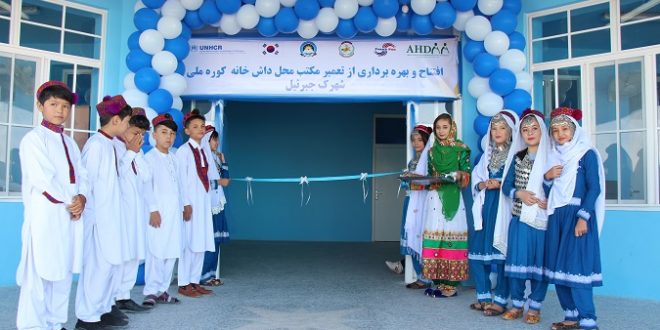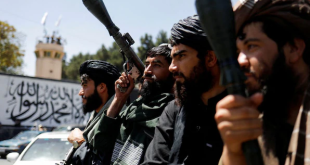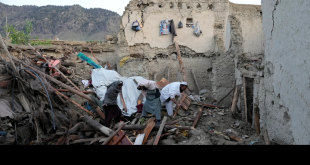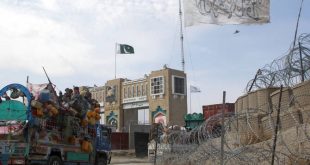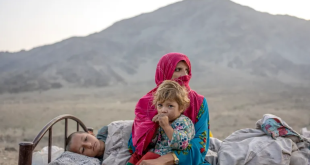AT News
KABUL: More than 2,200 children will have access to education in Afghanistan appreciation to two schools constructed by the UN Refugee Agency (UNHCR) with the generous contribution by the Republic of Korea.
One of the schools located in the Jebrail area, Herat province in Afghanistan’s western region was inaugurated on Wednesday. The eight-classroom school is equipped with furniture and other facilities including a playground and solar panels to ensure a continuous supply of electricity, the Korean embassy in Kabul said in a statement.
“The Korean government has prioritized education and the vulnerable when it comes to its assistance toward the Afghans,” said Zha Hyoung Rhee, the Ambassador of the Republic of Korea in Afghanistan. “It makes my heart gravely heavy when I think of and hear of the plight and sufferings refugees go through in and outside their home countries. The dire situation IDPs are in is not different from that in its gravity. Against this backdrop, my thanks go to the host communities that graciously share the burden together with returnees and IDPs. Education is part and parcel of the development not only of individuals but also of the communities and the nation, which has been the case for Korea. I sincerely hope the schools that are built with the support of Korea will play a significant role in this regard,” Ambassador Rhee added.
Through the generous contribution of the Government and the people Korea, UNHCR and partners have constructed two eight classroom schools in Jebrail and Kahdistan in the Herat province, Western Region. Both locations are among the priority areas of return and reintegration identified jointly by the Government of the Islamic Republic of Afghanistan and UNHCR.
Up to 20 priority areas for return and reintegration, including Jebrail and Kahdistan have been identified, where returnees and displaced people are living among local communities. The project is part of UNHCR’s efforts to support the Government of Afghanistan with strengthening essential facilities and services such as education, health, shelter in these areas.
““Every child has the right to education. For many girls and boys in Afghanistan, education is a distant dream,” says UNHCR Representative in Afghanistan, Caroline Van Buren. “With the support of our donors like the Republic of Korea, and in coordination with the Afghan government, we are building schools in the priority areas to help improve access to education in the country.”
Since 2002, more than 5.3 million Afghan refugees have been assisted to return home. Despite the ongoing insecurity in Afghanistan, compounded by the economic impact of COVID-19, around 1,027 Afghan refugees have returned so far in 2020. Some 2.6 million Afghans have also been displaced by conflict and natural disasters.
This project falls within the Solutions Strategy for Afghan Refugees and its support platform, a regional initiative, which envisages a future in which displaced Afghans might finally return to their homeland permanently and prosper. Today, there are some 4.6 million Afghans outside Afghanistan, of whom 2.7 million are registered refugees. Collectively, they represent one of the longest-displaced, longest-dispossessed populations worldwide.
 Afghanistan Times
Afghanistan Times
